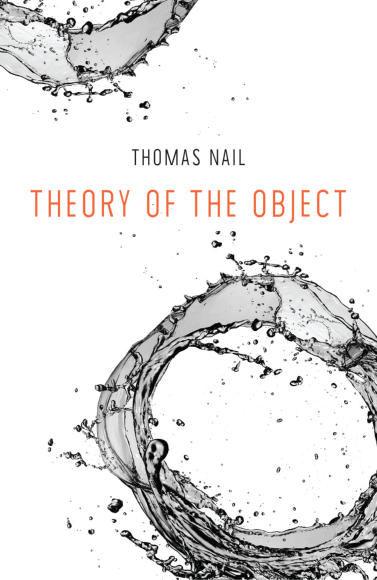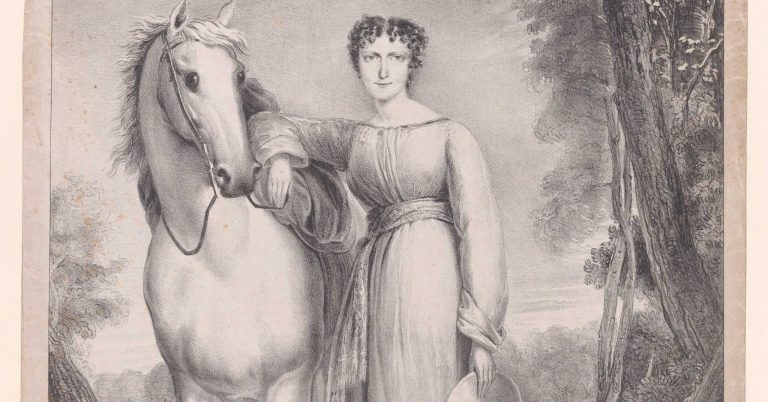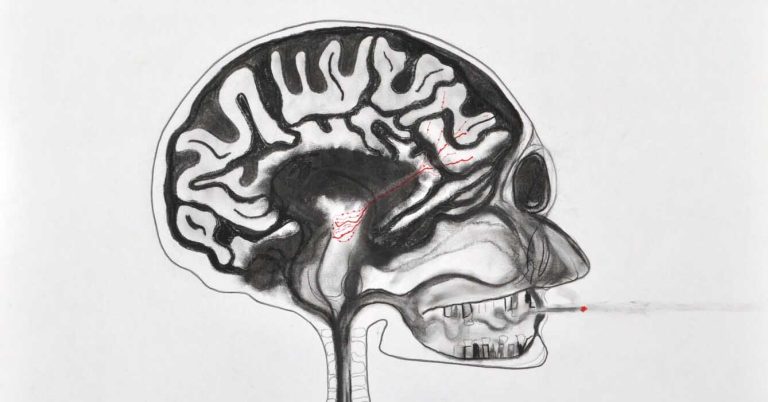
Enjoy a preview of the first page from Thomas Nail’s new book Theory of the Object.
We live in an age of objects.
Today there are more objects and more kinds of objects than ever before in human history, and they continue to multiply at a mind-boggling rate. The sciences have succeeded in transforming almost every dimension of reality into one kind of object or another. They have mapped and catalogued nearly every corner of the earth. They have made commodities out of things that previous generations would never have thought to commodify, such as genetic codes, water, air, seeds and social care. Technological innovations now allow us to transcode almost anything into digital objects made of ones and zeroes. The scope of what constitutes an ‘object’ today seems to be unlimited. In this way, objects seem to have become synonymous with the nature of reality itself.
Yet our age is also one of flux. Everything we thought was stable, from subatomic particles to the cosmos at large, has turned out to be in motion. From the acceleration of the universe to the fluctuation of quantum fields, nothing in nature is static. The universe is expanding in every direction at an accelerating rate. What Einstein once thought was an immobile finite universe has turned out to be an increasingly mobile one. This acceleration also means that even space and time are not a priori structures, as we once thought, but continually emerging processes in an unfolding universe.
Even at the smallest levels of reality, what we previously thought were solid bodies and inviolable elementary particles, physicists now believe to be emergent features of vibrating quantum fields. These fields’ movement can no longer be understood as ‘motion through space, evolving in time’ as Newton had once understood it. Where an object is and how it is moving can no longer be determined at the same time with certainty. The old paradigm of a static cosmos built from static particles is dead. All of nature is in perpetual flux.
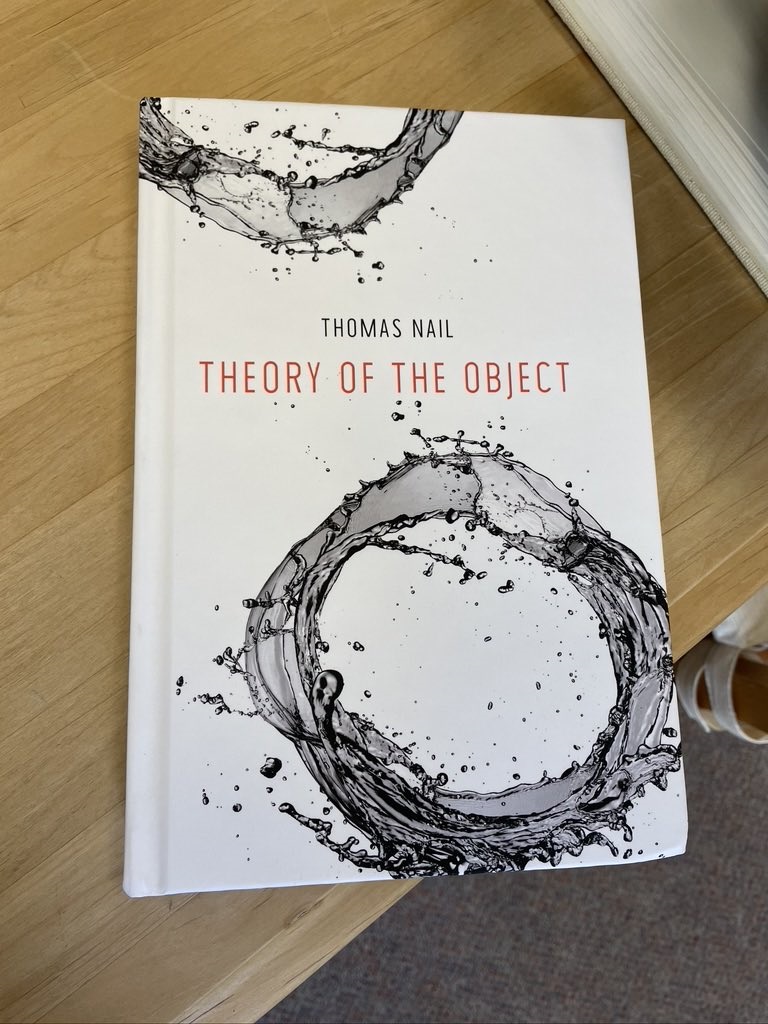
How does it change our understanding of objects to know that they are composed of such processes? For example, quantum fields are not objects in any classical or relativistic sense. They are not in a single place, nor do they have any fixed properties. We cannot even observe them directly. We only record the traces of their interactions on measuring instruments. It seems that beneath the observable level of all objects are processes that entangle with our own with invisible threads. If we take this seriously, as I think we should, our whole conception of objects must change.
Even the lowest energy state of quantum fields is not zero or static but fluctuates indeterminately – neither in one state nor another. The nature of these quantum ‘vacuum’ fluctuations is perhaps the single greatest mystery and challenge facing cosmology and fundamental physics today. These fluctuations are nestled deep in the heart of every object, including in the dark energy that is accelerating our universe. These indeterminate quantum fluctuations are the invisible engines of nature, and it is time we took them seriously, philosophically.
Although we live in a world saturated with objects, the most revolutionary discovery of contemporary physics is that the foundation of objectivity is not an object at all but a process. This fascinating and odd state of affairs is the motivation for this book – the aim of which is to offer a kinetic process theory of objects.
About the book
Throughout the history of science and technology, objects have been understood in many ways but rarely have they been understood to play an active role in the production of knowledge. This has led to largely anthropocentric theories and histories of science, which treat nature as passive objects viewed by independent observers.
Thomas Nail approaches the theory of objects historically in order to tell a completely new story in which objects themselves are the true agents of scientific knowledge. They are processes, not things. It is the first history of science and technology, from prehistory to the present, to illuminate the agency, knowledge and mobility of objects.
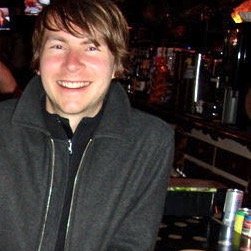
About the author
Thomas Nail is Professor of Philosophy at the University of Denver. He is the award-winning author of eight prestigious University Press books which cover a wide range of topics including migration, borders, technology, digital media, history, science, economics, contemporary politics and climate change. His current research focuses on the influence of mobility on society and the arts in the 21st century. His work has been translated into ten major languages and cited across more than 20 academic disciplines.



